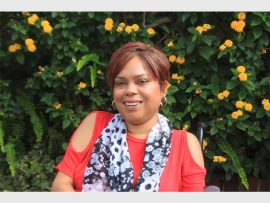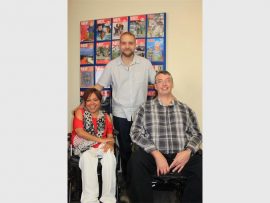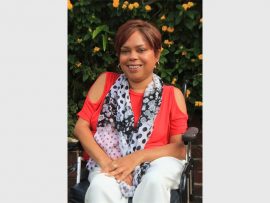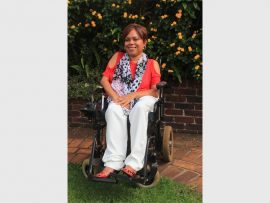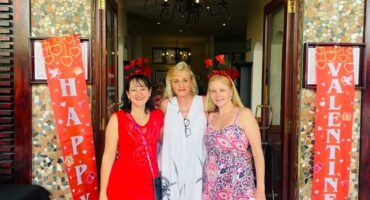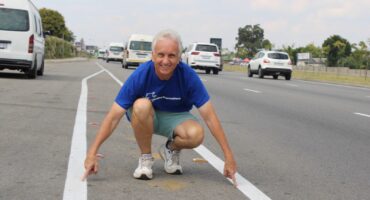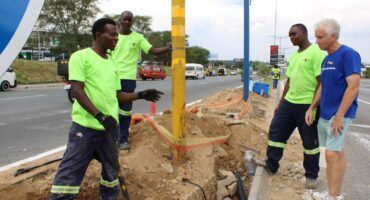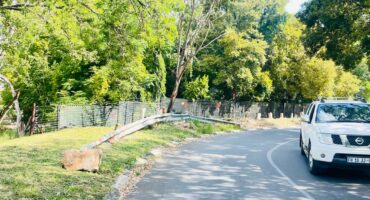‘I am not defined by my condition’
FOURWAYS – In last year's 947 Cycle Challenge race, 14 cyclists from the Fourways area rode on behalf of the Muscular Dystrophy Foundation. But who is helped by this organisation? The Fourways Review spoke to Bernadette Francois about the effect the condition has had on her life.

Bernadette Francois could walk unaided until she was eight years old, and then she got her first wheelchair. While living with a disability is not always easy, she has found the strength to live a full and happy life on her own terms.
Francois (45) has been diagnosed with stage 2 spinal muscular atrophy, a genetic condition that affects the part of a person’s nervous system which controls voluntary muscle movement. Besides needing a wheelchair to be mobile, she also has limited use of her arms, has a slightly curved spine and experiences tremors in her hands.
“I was fortunate that when I was growing up, I was never treated any differently,” Francois explained to the Fourways Review. “My sister Veronique, who is nine years older than I am, also suffers from muscular dystrophy and so my parents knew what to expect.
“My friends also treated me the same, and everywhere they went to play they pushed me to as well!”
Born and raised in Durban, Kwa-Zulu Natal, after matriculating in 1989 Francois moved to Johannesburg for a job, an opportunity that just was not available to someone in a wheelchair in her hometown at the time. She has been working ever since, most recently as a recruiter specialising in finding jobs for other disabled people.Since moving to Johannesburg, Francois has had the opportunity to start her own family, adopting her daughter Tashlyn Symons who will soon be turning 13 years old.
Although she believes that Johannesburg is better at providing opportunities for the differently-abled, she does still struggle sometimes.
“Some facilities, like the Gautrain, are absolutely brilliant. There is more than enough space to manoeuvre a wheelchair, and staff will help,” Francois explained. “But others really don’t do enough for those with disabilities. Some places may say that they’re wheelchair-friendly, but the ramp is at a steep angle that’s nearly impossible [to navigate] along with other difficulties.”
Public toilets are also sometimes a struggle. While stalls are often called wheelchair-friendly, it is obvious that they are badly planned with no understanding of the needs of its users.
“I don’t go to the bathroom in public until I absolutely have to. Sometimes it seems like there was no logical thought process. At one place where I worked, I actually had to ask maintenance to loosen the [bathroom] door, as it was too heavy for me to move.”
Robert Scott, who works for the Muscular Dystrophy Foundation (MDA) Gauteng branch which offers help to Francois in matters such as wheelchair maintenance and repair, agrees.
“Spaces in public bathrooms are not always planned correctly, and I think companies need to make sure that the people who are advising them [on how to support those with disabilities] actually have disabilities and know what they’re talking about.
“More generally, the public needs to understand that everyone can do little things to help out the disabled. Things like not parking in the handicap spots or using bathrooms that aren’t yours.”
But Francois does not let the challenges of life get her down for long. In the next few months, she and her partner are opening up their own business, also in recruitment, who will help the abled and disabled alike to find employment. She is doing so in order to be able to support both herself and her daughter.
“We [the disabled] just want the world to give us the same chances and opportunities that everyone else gets. We want a chance to be independent, and I truly believe that my condition does not define me,” Francois concluded.
Details: www.mdsa.co.za
